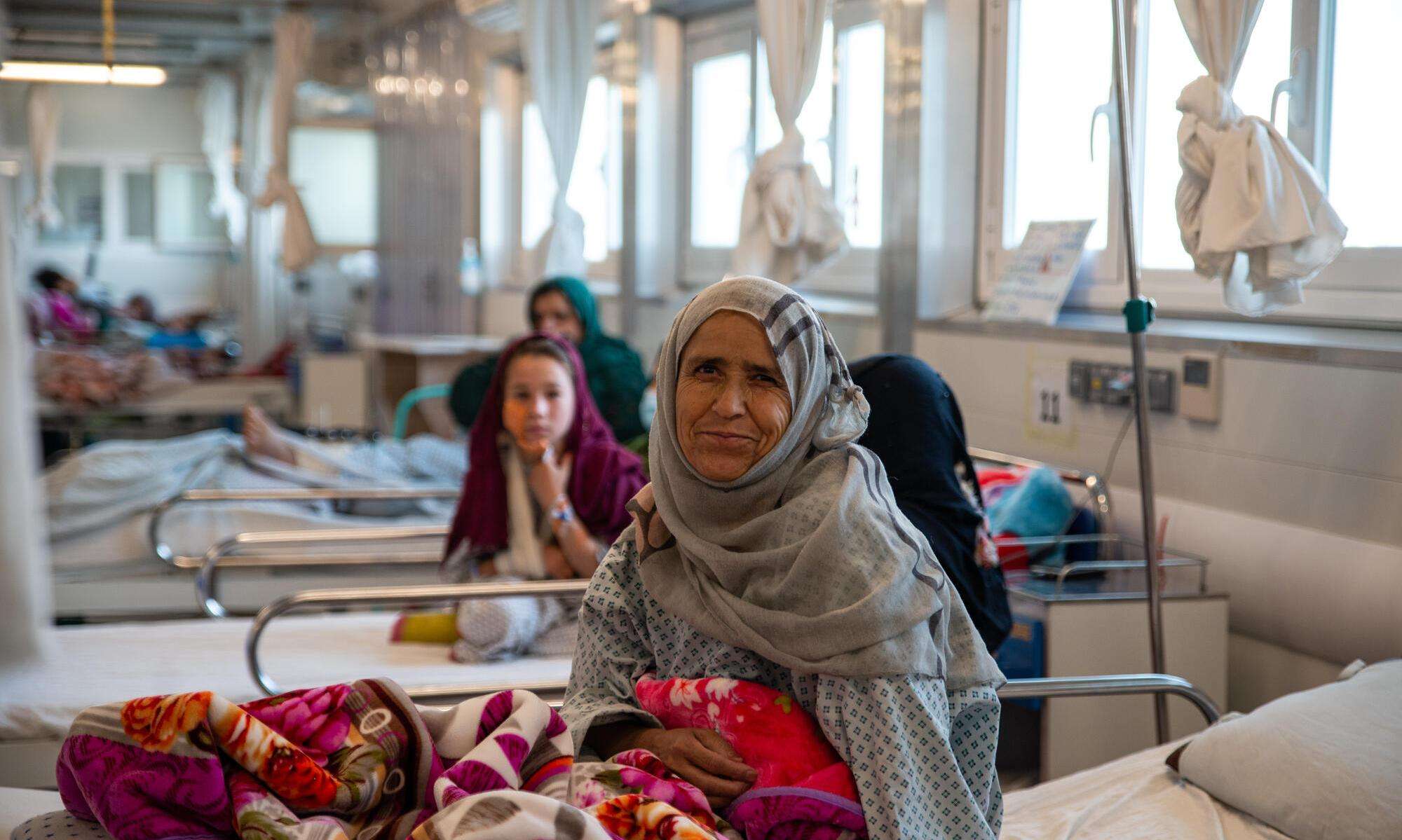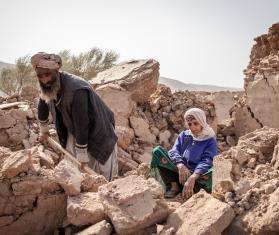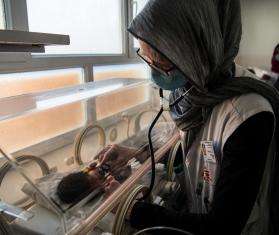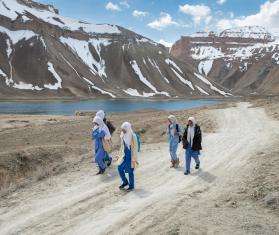Since August 2021, people in Afghanistan have been suffering from the impacts of a major economic crisis fueled by international sanctions, development funding cuts, and asset freezes overseas.
Across the country, Afghans face massive unemployment and the loss of income. Hopes that the end of the war would significantly reduce obstacles to accessing health care have been dashed, and replaced by new barriers and fears.
Decades of armed conflict, as well as natural disasters, the pandemic, and harmful social policies particularly targeting women have also contributed to making Afghanistan one of the most complex humanitarian emergencies in the world.
The medical humanitarian organization Doctors Without Borders/Médecins Sans Frontières (MSF) has issued a new report: Persistent barriers to accessing healthcare in Afghanistan: The ripple effects of a protracted crisis. This follows a series of in-depth reports published in 2014, 2020, and 2021. The report highlights some of the main challenges people in Afghanistan face when trying to access health care, including economic factors as well as the restrictions placed on women.
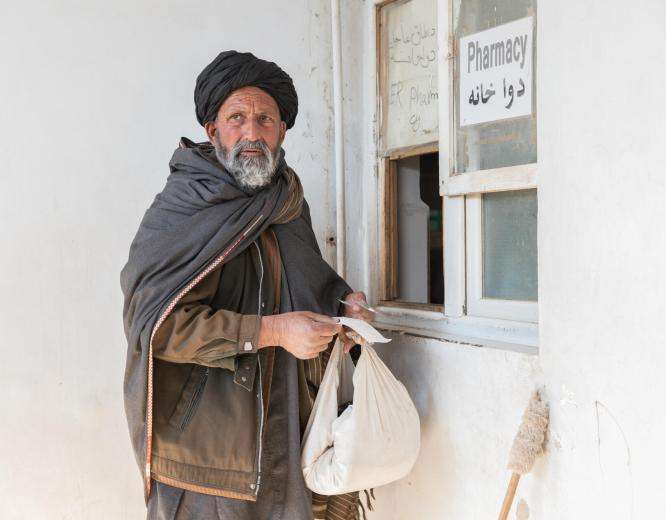
Persistent Barriers to Health Care in Afghanistan
The ripple effects of a protracted crisis and a staggering economic impact
